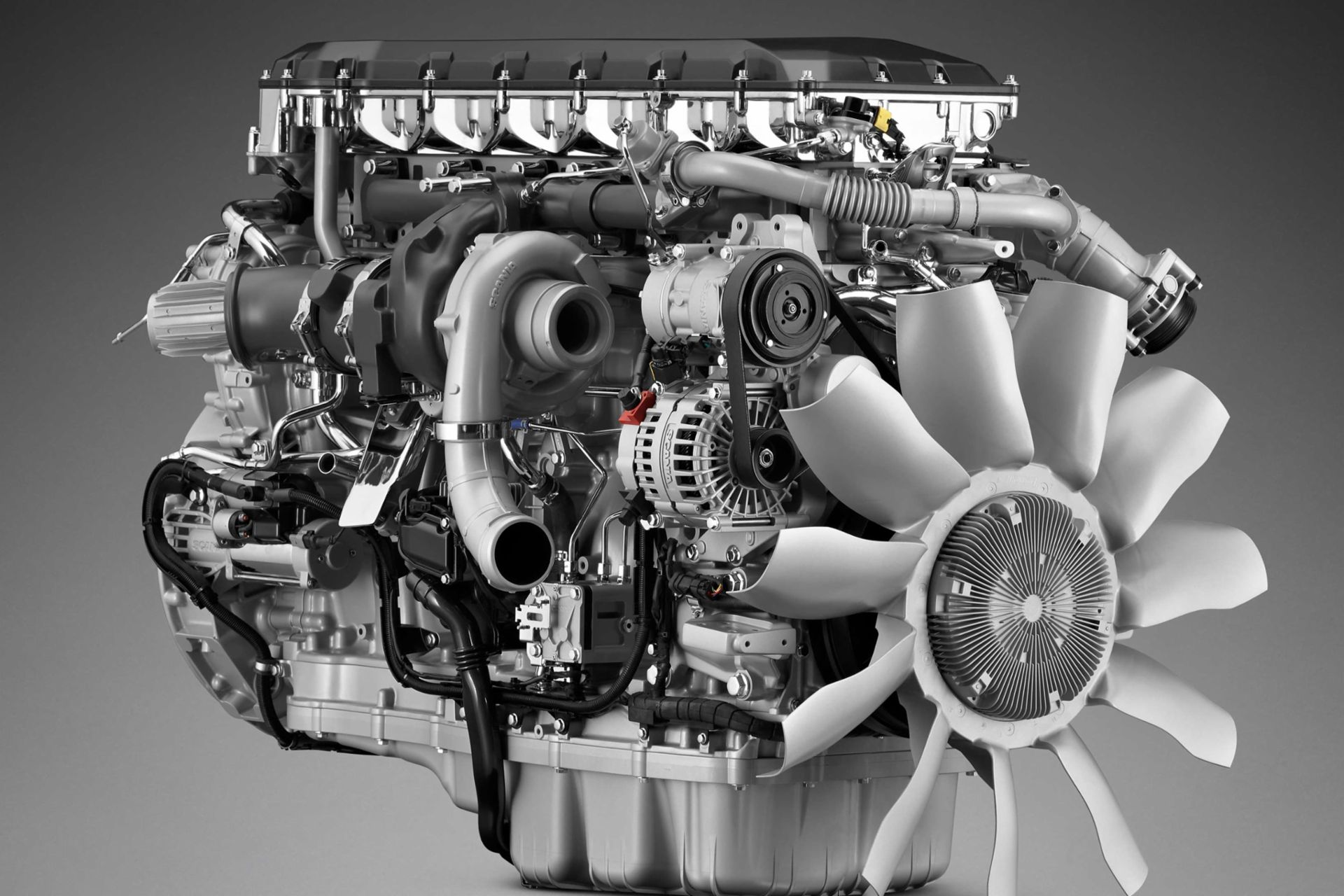Discover a Wide Variety of Engines for each Lorry and Objective
The automotive landscape is increasingly complex, with a varied range of engine kinds designed to meet details performance and performance demands throughout different vehicle classifications. Additionally, heavy-duty engines offer the requirements of job cars, while green choices are getting traction in the pursuit of sustainable transport.
Types of Automotive Engines
Automotive engines can be classified into several unique kinds, each developed to fulfill details performance and performance requirements. The most usual classifications include interior combustion engines, electric engines, and hybrid systems.

Electric engines, on the various other hand, operate on electric power kept in batteries, offering instantaneous torque and zero exhausts. These engines are ending up being progressively popular due to advancements in battery innovation and the expanding emphasis on sustainability.
Hybrid systems combine both internal burning and electrical engines, enabling automobiles to maximize gas effectiveness and lower discharges by seamlessly switching over between power resources. Each engine kind presents its downsides and benefits, affecting factors such as automobile design, intended use, and market demand. Recognizing these differences is critical for consumers and suppliers alike when selecting the proper engine for their certain demands.
Performance Engines for Sports Cars
Performance engines for cars are especially crafted to deliver enhanced speed, dexterity, and power, establishing them besides conventional vehicle engines. These engines commonly use sophisticated innovations such as turbocharging, turbo charging, and variable shutoff timing to make the most of efficiency and responsiveness.
Usually, efficiency engines are developed with higher compression proportions, which permit better power extraction from fuel. This causes remarkable horse power and torque figures, enabling rapid velocity and higher top rates. In addition, the lightweight products used in these engines, such as aluminum and carbon fiber, add to minimized total car weight, enhancing handling and maneuverability.
Engine setups like V6, V8, and even hybrid systems prevail in performance cars, each offering one-of-a-kind advantages in regards to power shipment and driving dynamics. The tuning of these engines is likewise essential; many makers enhance the engine management systems to supply an exciting driving experience, usually including sporting activity settings that readjust throttle reaction and equipment shifts.
Efficient Engines for Daily Commuters
In the realm of day-to-day commuting, reliable engines play a vital role in enhancing gas economic climate and minimizing exhausts while providing trustworthy efficiency. As city populaces grow and environmental issues intensify, the demand for automobiles furnished with effective powertrains has actually surged.
Modern engines made for day-to-day commuters usually incorporate innovations such as turbocharging, straight fuel injection, and crossbreed systems. Turbocharging boosts engine performance by compeling more air into the combustion chamber, enabling smaller sized, lighter engines that do not endanger power output. Direct fuel injection enhances gas atomization, bring about better burning and increased effectiveness.
Crossbreed engines, incorporating inner combustion with electric power, additional increase fuel economic climate, especially in stop-and-go look here website traffic, where traditional engines can experience inefficiencies. Electric motors assist throughout velocity and can run separately at low speeds, decreasing general fuel consumption.
Additionally, innovations in engine monitoring systems and lightweight materials contribute considerably to effective engine design. By concentrating on efficiency, durability, and ecological sustainability, makers continue to supply engines that not just satisfy the demands of day-to-day travelling however likewise line up with international initiatives to minimize carbon footprints.
Heavy-Duty Engines for Work Cars
Heavy-duty engines for job automobiles are routinely engineered to supply exceptional torque and integrity under requiring problems. These engines are created to carry out in settings where standard engines may fail, such as building sites, logging procedures, and agricultural settings. The key emphasis of heavy-duty engines is their capability to generate high levels of power while keeping toughness over extended durations of procedure.
Generally, durable engines utilize sophisticated products and robust construction strategies to endure the rigors of heavy work. Attributes such as strengthened cyndrical tube blocks, boosted cooling systems, and progressed fuel shot technologies add to their efficiency. These engines often operate at reduced RPMs, which assists to optimize fuel performance while offering the needed power for lugging and hauling.
Along with mechanical effectiveness, durable engines are usually equipped with advanced digital control units (ECUs) that handle efficiency, exhausts, and diagnostics. This integration enables for far better monitoring and maintenance, making sure that job vehicles stay functional and reliable.
Eventually, heavy-duty engines are a necessary component in the efficiency find more of different industries, offering the essential power and reliability to deal with the hardest of jobs.
Eco-Friendly Engine Options
The expanding focus on sustainability has actually brought about the growth of eco-friendly engine alternatives that focus on reduced emissions and boosted gas effectiveness. These engines are designed to minimize the ecological influence of vehicles while still supplying the performance and integrity anticipated by customers.
Among the most noteworthy environmentally friendly options are hybrid and electrical engines. Crossbreed engines integrate conventional internal burning engines with electric propulsion, enabling reduced gas consumption and lower greenhouse gas emissions. Electric engines, on the various other hand, run entirely on battery power, creating no tailpipe emissions and adding to cleaner air top quality.
Another encouraging advancement is the development of biofuel engines, which make use of sustainable resources, such as plant products, to power vehicles (Engines For Africa). By utilizing biofuels, these engines can reduce dependence on nonrenewable fuel sources and lower general carbon impacts

As the vehicle industry develops, environmentally friendly engine alternatives will play an essential duty in driving the change in the direction of more lasting transportation solutions.
Final Thought
The automobile sector uses a diverse range of engines designed to satisfy various automobile needs and purposes. From high-performance engines that boost cars abilities to reliable models prioritizing gas economic climate for everyday travelers, each type offers a particular feature. Heavy-duty engines provide to robust job vehicles, while green options, such as electric and biofuel engines, promote sustainable transport. This extensive variety ensures that all driving demands are resolved, adding to innovations in automotive modern technology and environmental stewardship.
